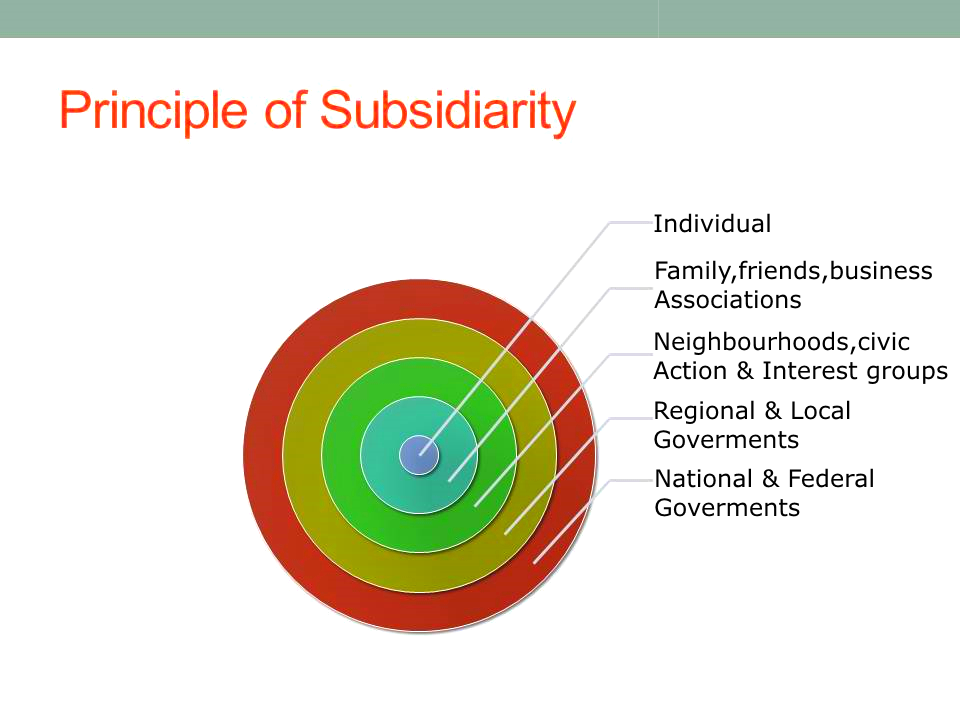The 73rd and 74th amendments of the Constitution were enacted in 1993 with great hope and anticipation. However, while panchayats, nagarapalikas and municipalities have come into existence and elections are being held, this has not translated into effective decentralization of power. The Constitution left the issue of degree of empowerment and devolution to the state legislature. In most states, local governments continue to be weak. There is a need to examine the possibilities of Union intervention – through constitutional, fiscal and procedural steps – to empower local governments. This issue needs to be linked to the need for improvement of service delivery. The poor and disadvantaged sections of society must have real opportunities for vertical mobility through local empowerment. Such empowerment must conform to four critical principles.

- Principle of subsidiarity: Functions shall be carried out closest to citizens at the smallest unit of governance possible, delegated upwards only when the local unit cannot perform the task. The citizen delegates those functions she cannot perform to the community, functions that the community cannot discharge are passed on to the local governments in the smallest tiers, and so on, from smaller tiers to larger tiers, from local government to the State governments, and from the States to the Union. In this scheme, the citizen and the community are the center of governance. In place of traditional hierarchies, we will have ever-enlarging concentric circles of government, and delegation is outward depending on necessity.
- Greater linkage between citizen’s vote and public good
- Effective tracking of resource deployment and of their utilization with productive outcomes
- Fusion of authority with accountability
Read :Empowerment of Local Governments- A Report of Lok Satta published in 2004 that has discussed the issue of decentralization in India.
